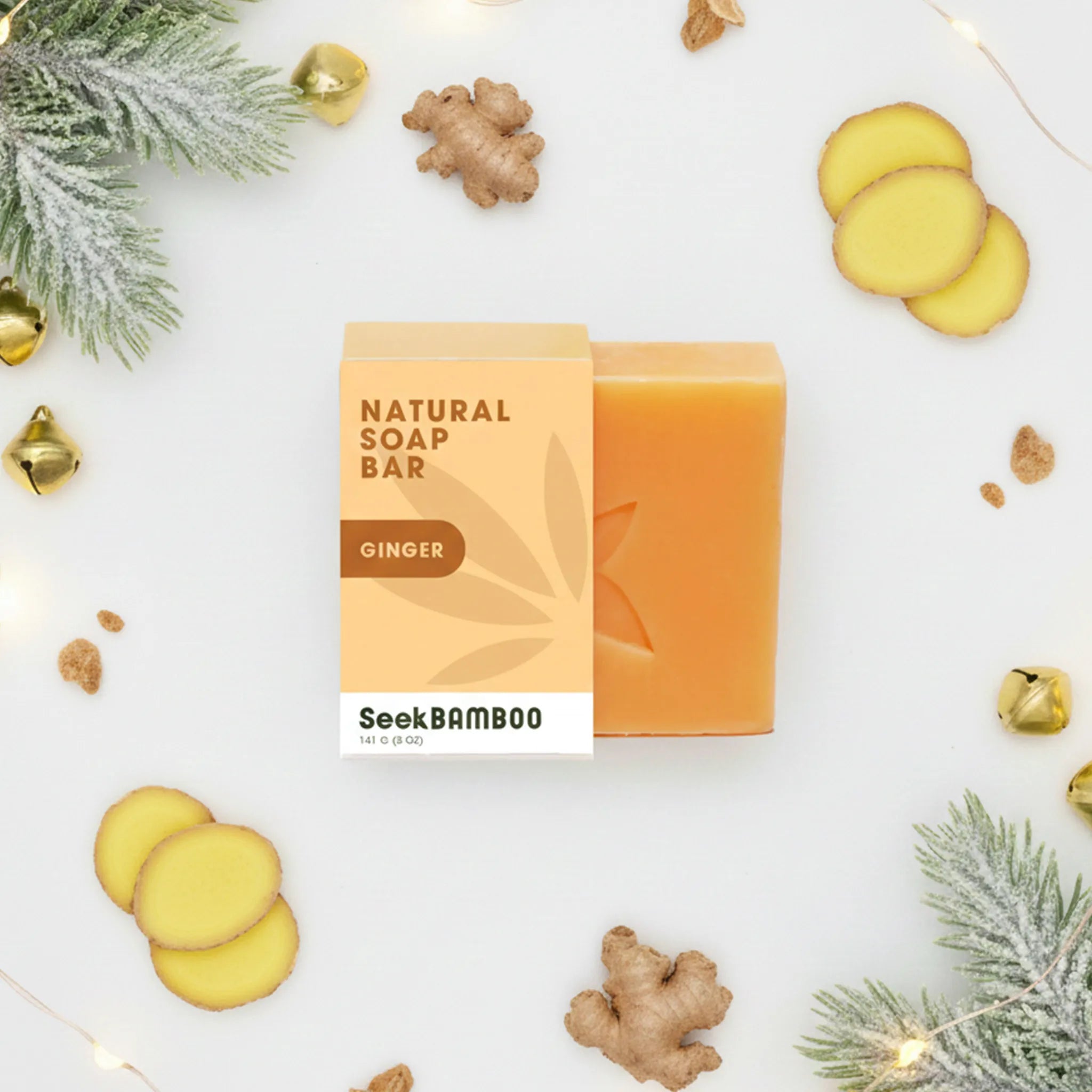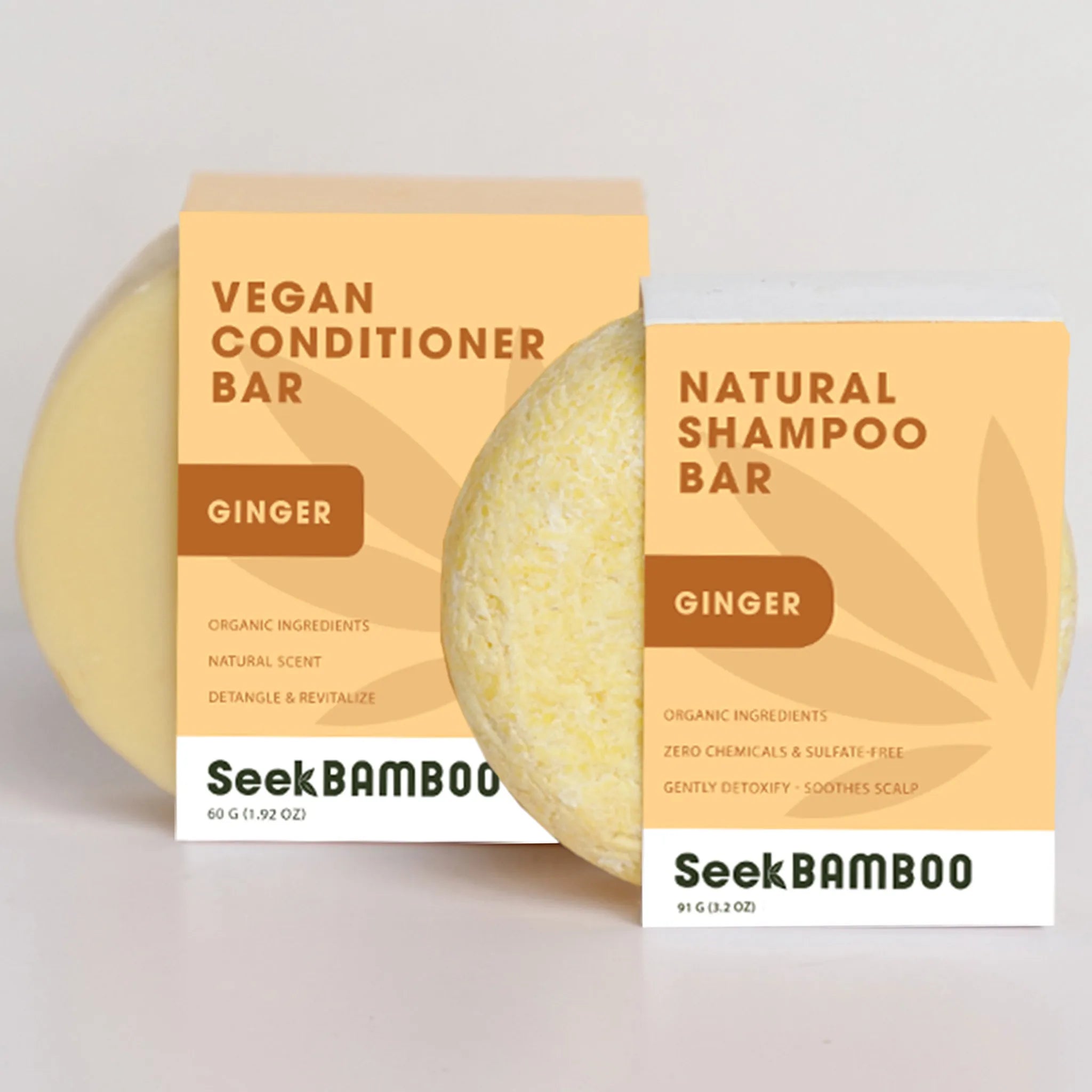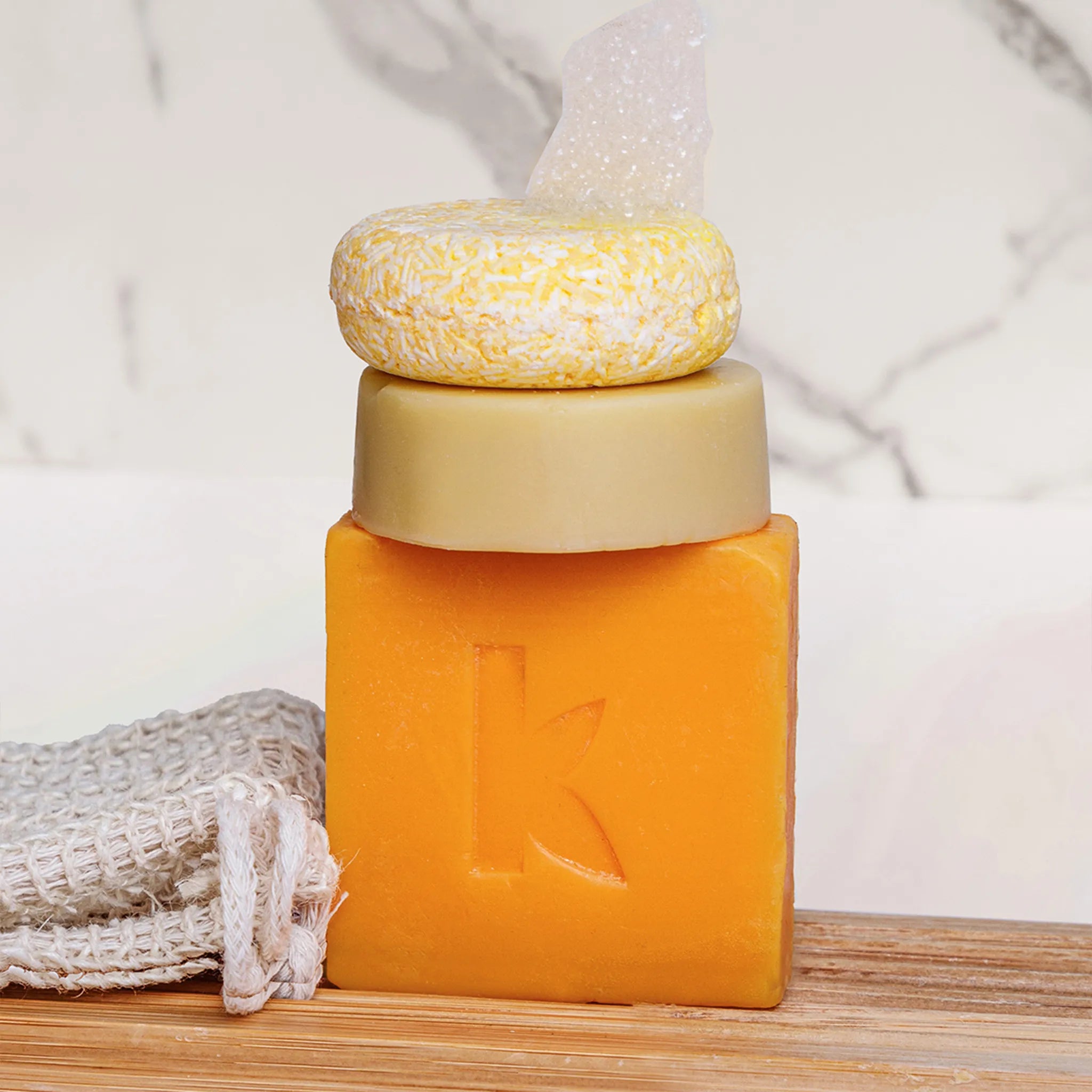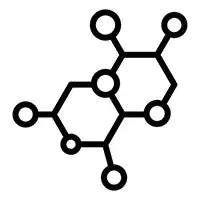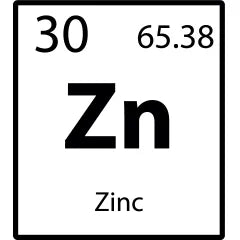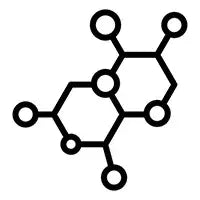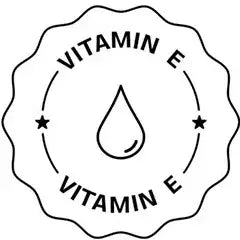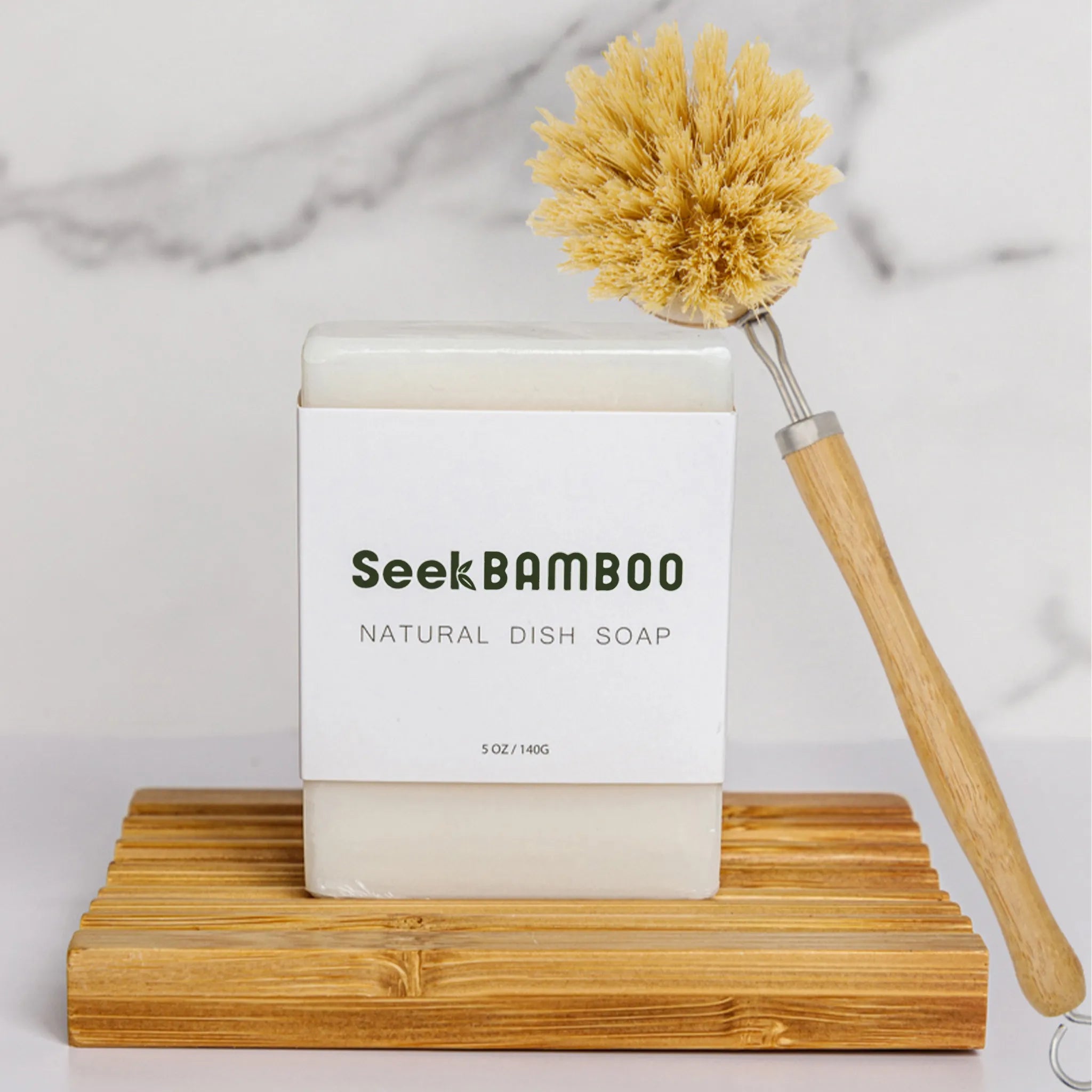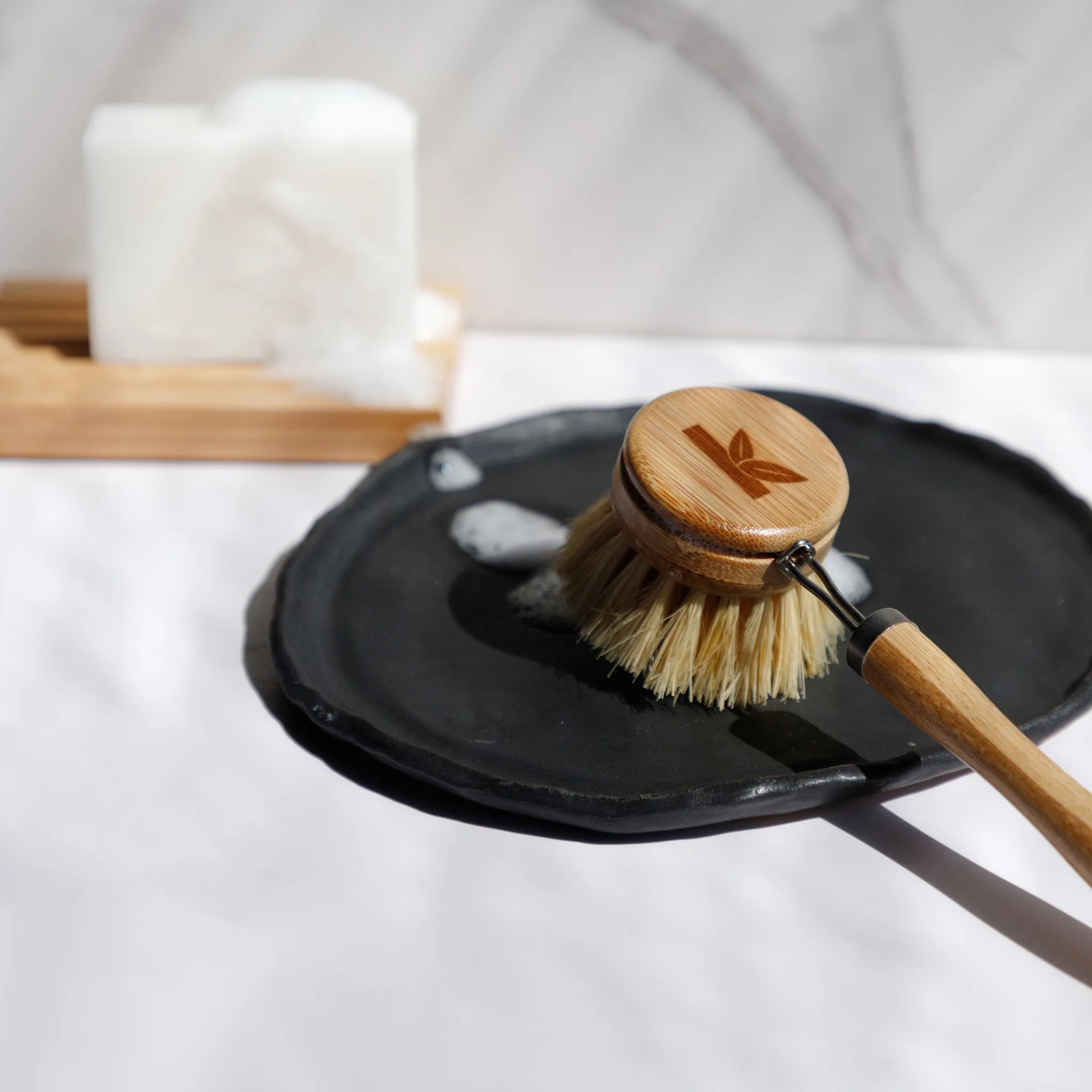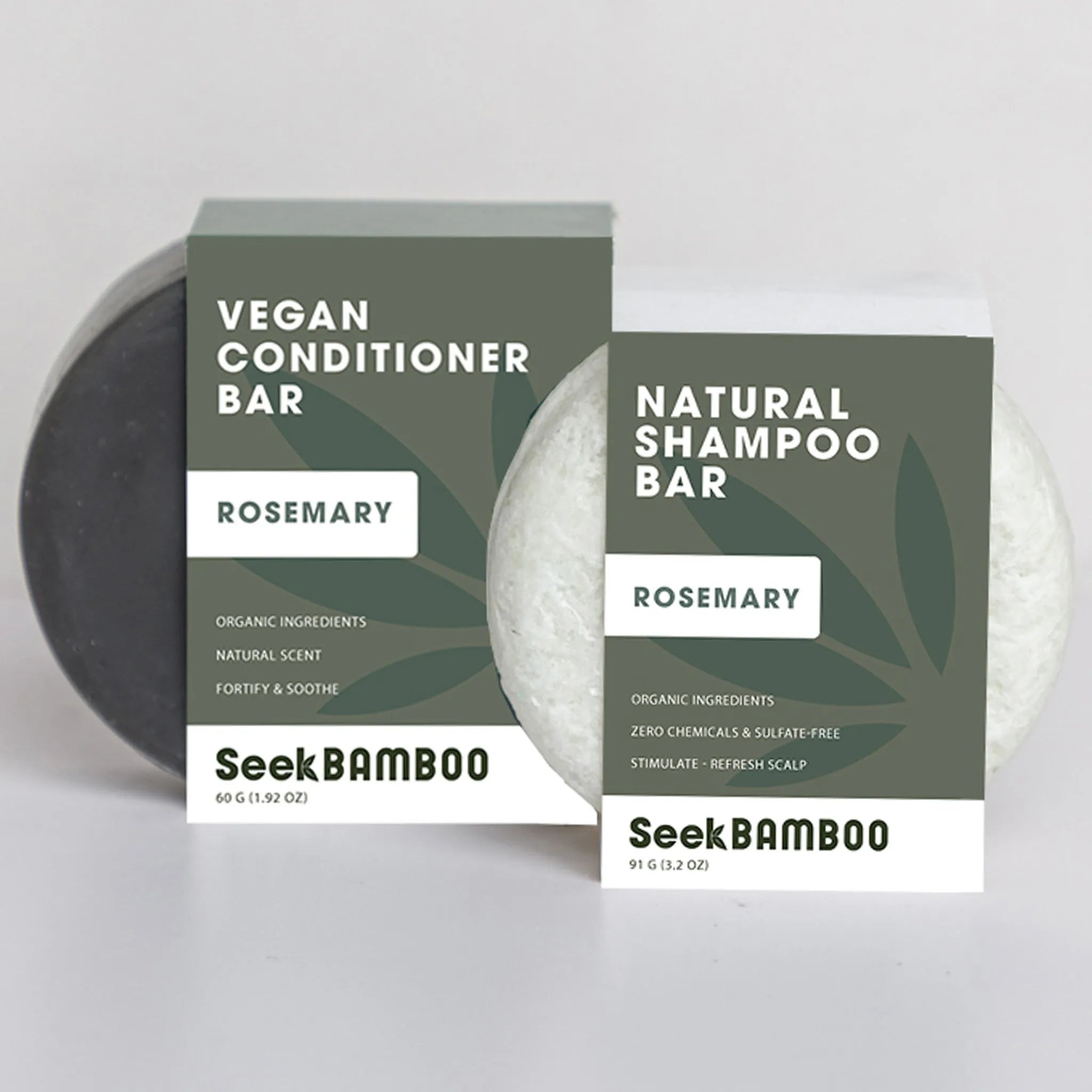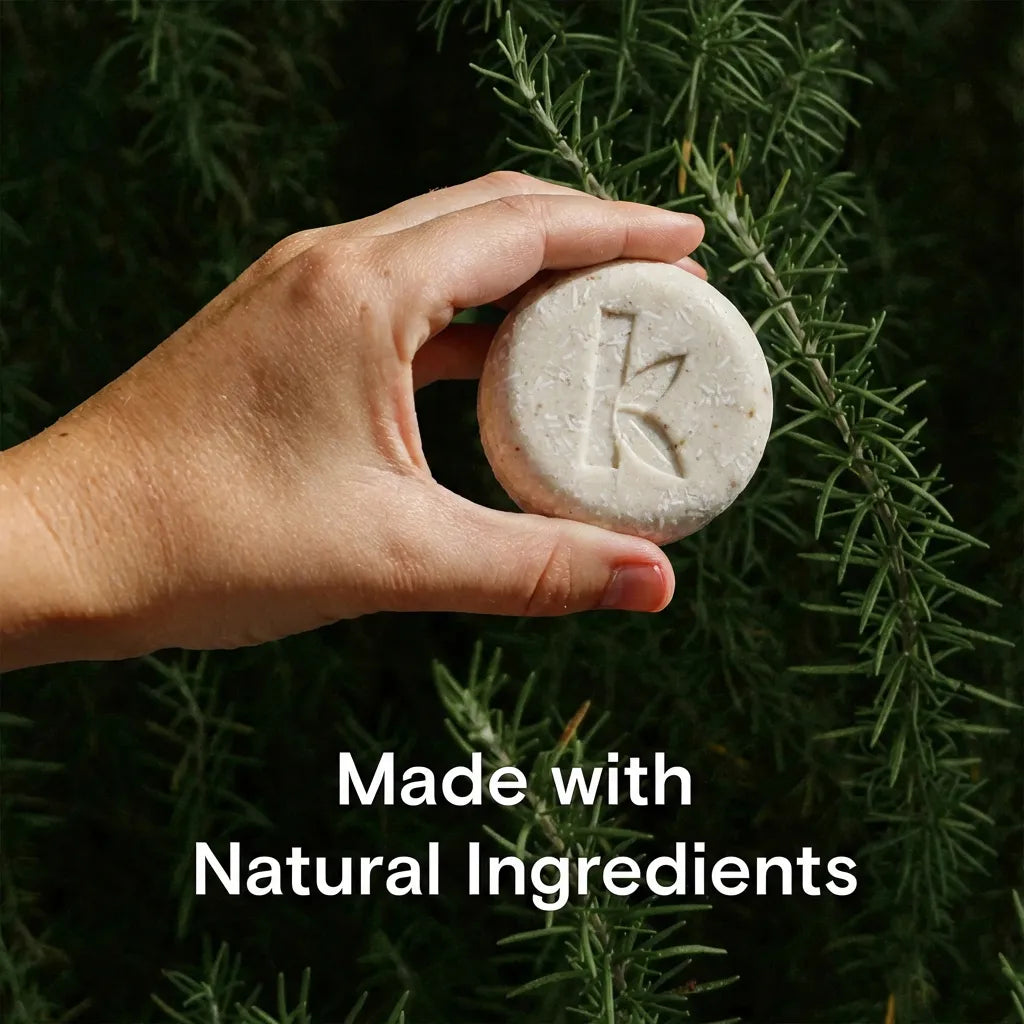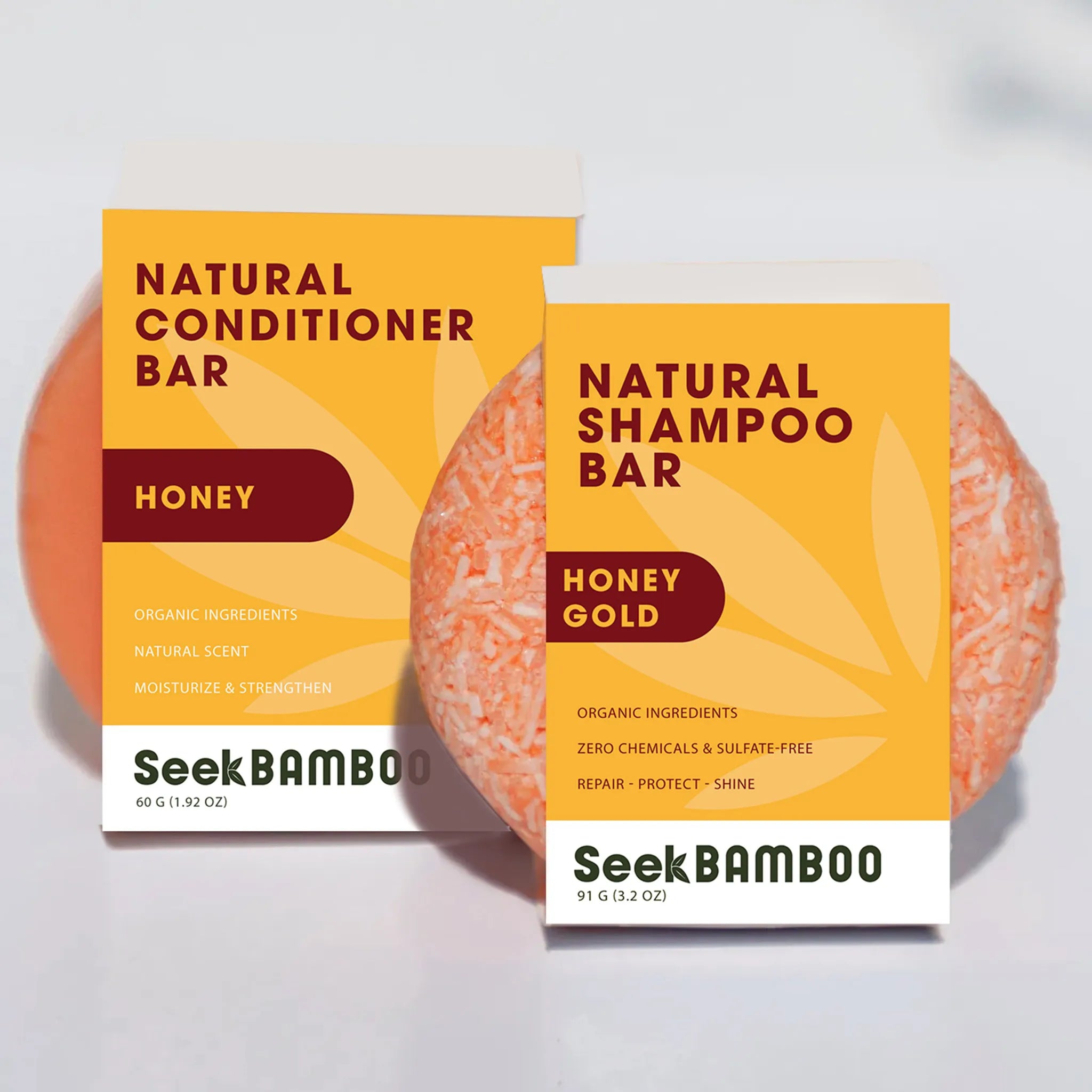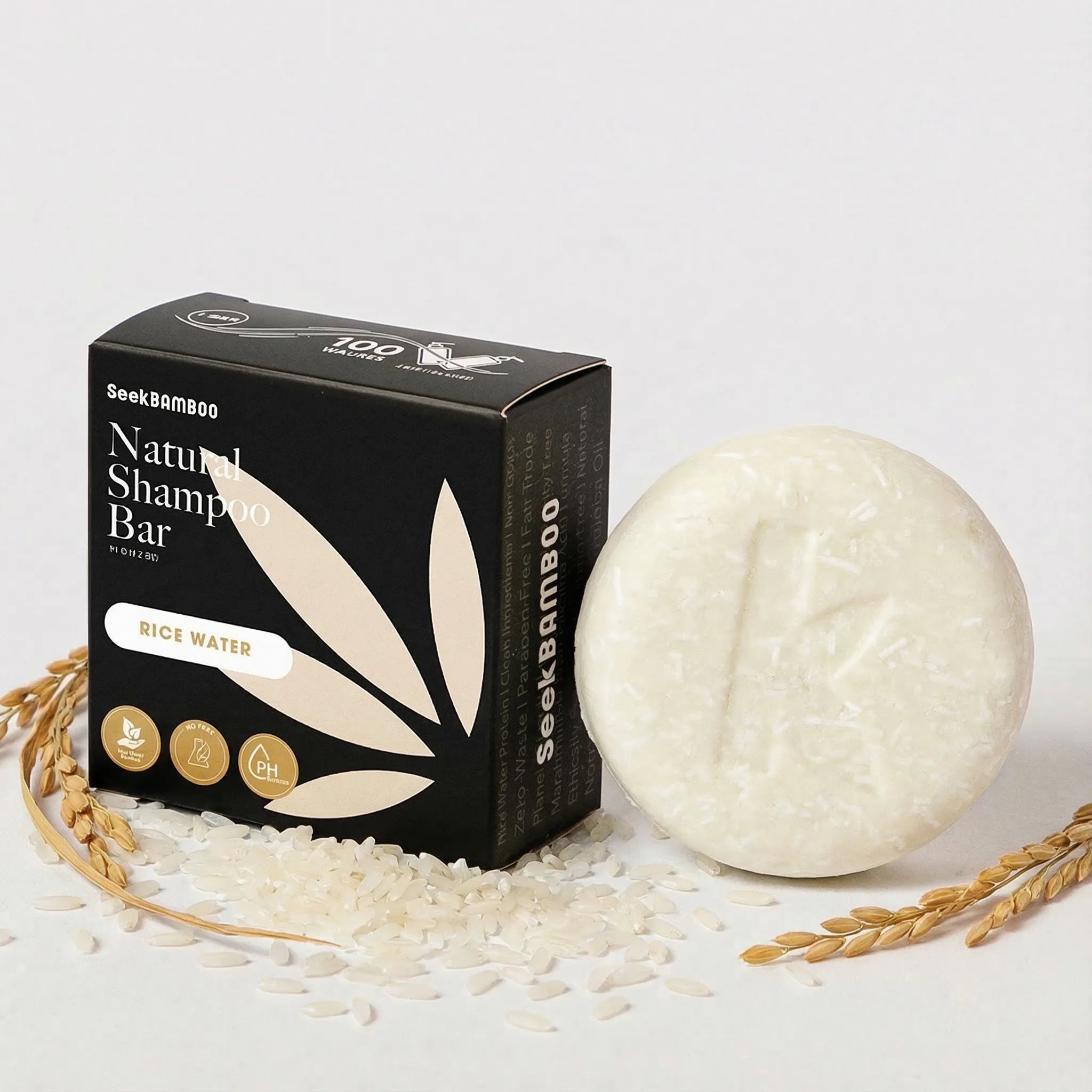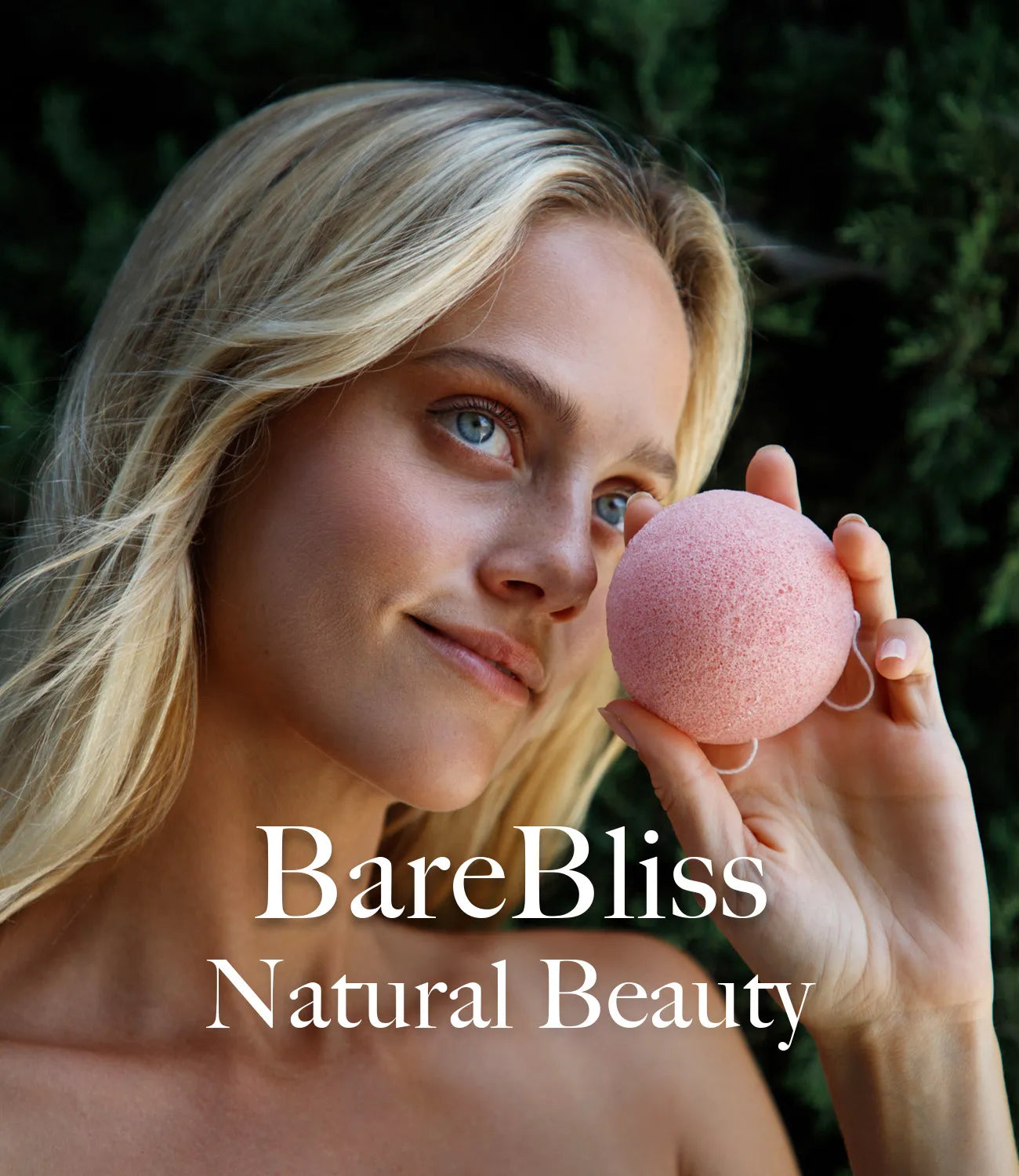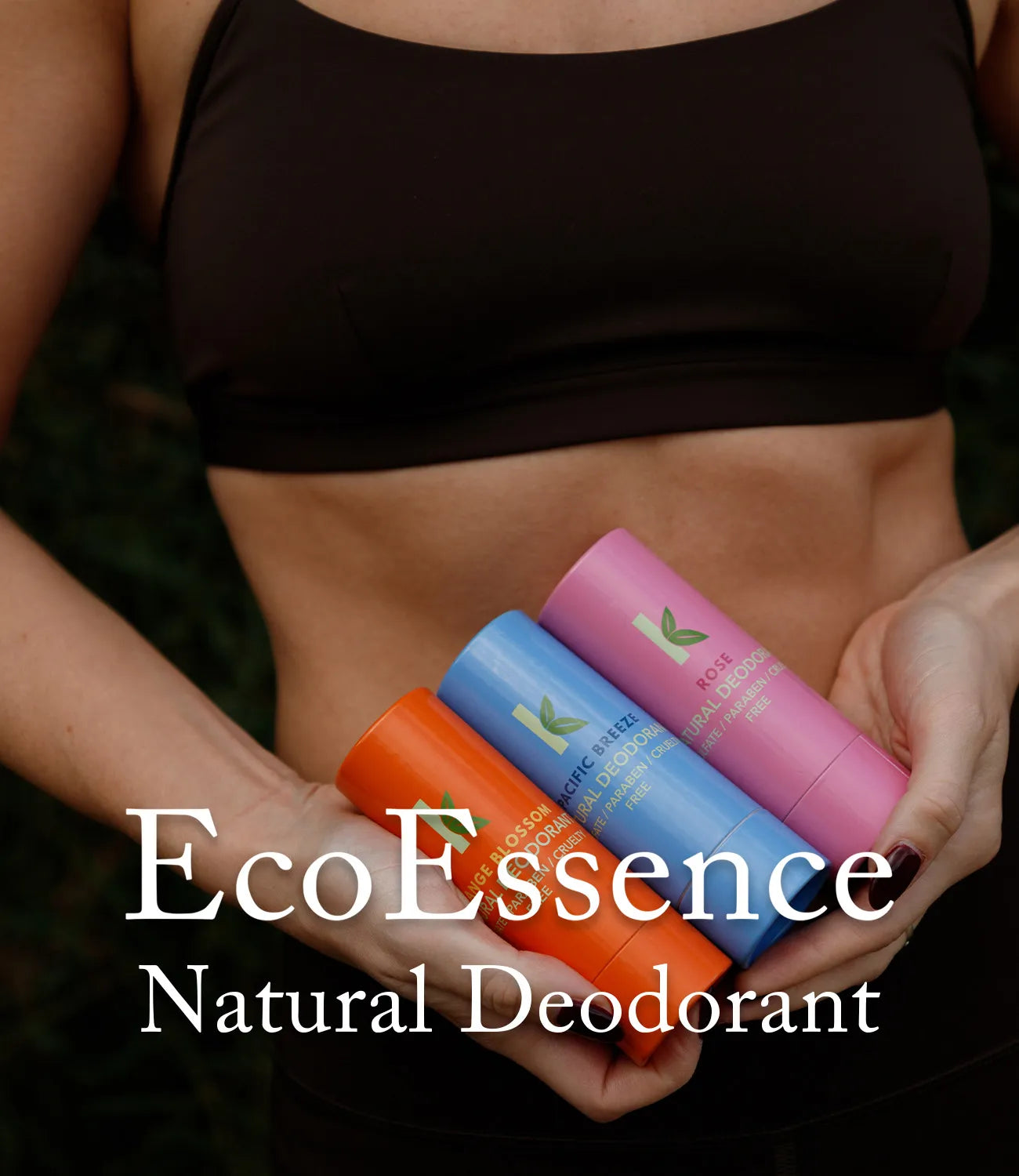Ginger Benefits
Ginger, known scientifically as Zingiber officinale, is a remarkable root that has been revered across cultures for thousands of years. Originating in the lush tropical regions of Southeast Asia, ginger quickly became a global treasure, valued for its unique combination of pungent spice and subtle sweetness, as well as its profound medicinal properties. As one of the earliest known spices, ginger was a highly prized commodity in ancient trade, often exchanged like gold in markets from India and China to the Middle East and Europe. Its historical uses are as diverse as the cultures that embraced it: in traditional Chinese and Ayurvedic medicine, ginger was hailed as a powerful remedy for a wide range of ailments, from digestive issues and inflammation to respiratory conditions and nausea. The Greeks and Romans, too, recognized ginger’s potential, incorporating it into their medicinal practices and culinary traditions. This knobby, aromatic root has transcended time and geography, becoming a staple not only in kitchens but also in natural medicine cabinets around the world.
Today, ginger continues to be celebrated for its versatility and efficacy. It comes in many forms, each with its own unique characteristics and uses. Fresh ginger, with its zesty, spicy flavor, is often used in cooking, teas, and natural remedies, offering a vibrant kick to both savory and sweet dishes. Dried and powdered ginger, on the other hand, provides a concentrated warmth, ideal for baking, curries, and spice blends. Pickled ginger, commonly seen in Japanese cuisine, offers a sweet and tangy burst of flavor that cleanses the palate, while candied ginger serves as both a delightful treat and a soothing remedy for digestive discomfort. Whether used fresh, dried, powdered, or pickled, ginger’s myriad of forms ensures it remains an indispensable ingredient in kitchens and apothecaries alike. As we delve into the numerous benefits of ginger, it becomes clear why this ancient root continues to hold such a prominent place in our lives, offering not just flavor, but wellness, comfort, and tradition.
Nutritional Profile of Ginger
Ginger may be small in size, but it packs a potent punch when it comes to nutrition. This root is not only revered for its flavor and medicinal uses but also for the wealth of essential nutrients it contains. A closer look at its nutritional profile reveals why ginger has been a staple in traditional medicine and culinary practices for millennia.
Vitamins and Minerals From Ginger
Ginger is a rich source of vital nutrients that contribute to overall health and well-being. Among the most prominent are:
Vitamin C
A powerful antioxidant, Vitamin C plays a crucial role in boosting the immune system, promoting skin health, and protecting cells from damage caused by free radicals. This makes ginger an excellent choice for enhancing the body’s natural defenses.
Magnesium
Essential for numerous bodily functions, including muscle and nerve function, blood glucose control, and the synthesis of protein, bone, and DNA. Ginger’s magnesium content supports overall metabolic health.
Potassium
This important electrolyte helps regulate fluid balance, muscle contractions, and nerve signals. Regular intake of potassium-rich foods like ginger can support heart health by helping to maintain normal blood pressure levels.
Manganese
Vital for bone formation, blood clotting, and reducing inflammation, manganese is also crucial for the metabolism of amino acids, cholesterol, glucose, and carbohydrates. Although needed in smaller amounts, this trace mineral is indispensable for maintaining good health.
Together, these vitamins and minerals not only support everyday health but also provide targeted benefits for the cardiovascular system, immune function, and overall cellular health.
Ginger Bars
Bioactive Compounds
Beyond its vitamins and minerals, ginger is celebrated for its unique bioactive compounds, which are primarily responsible for its medicinal properties. The most notable of these are:
Gingerol
The main bioactive compound in fresh ginger, gingerol is responsible for much of ginger’s medicinal power. It has potent anti-inflammatory and antioxidant effects, helping to reduce oxidative stress and inflammation in the body. Gingerol is also known for its ability to relieve nausea, making it a common remedy for motion sickness, morning sickness during pregnancy, and chemotherapy-induced nausea.
Shogaol
When ginger is dried or cooked, gingerol is converted into shogaol, which possesses even stronger anti-inflammatory and antioxidant effects. Shogaol is recognized for enhancing digestion and potentially protecting against certain cancers due to its ability to inhibit tumor growth.
Zingerone
Primarily formed when ginger is heated, zingerone contributes to the spicy-sweet flavor of ginger and is also noted for its anti-inflammatory properties. Research suggests that zingerone may help reduce obesity-related inflammation and improve metabolic health.
These bioactive compounds make ginger not only a flavorful addition to your diet but also a potent natural remedy with a wide range of health benefits. Whether used to soothe an upset stomach, reduce inflammation, or as a daily dietary supplement, ginger’s nutritional and medicinal attributes make it an invaluable component of a healthy lifestyle. As we explore further into the benefits of ginger, its rich nutritional profile continues to reinforce its status as a powerful, natural ally in promoting health and wellness.
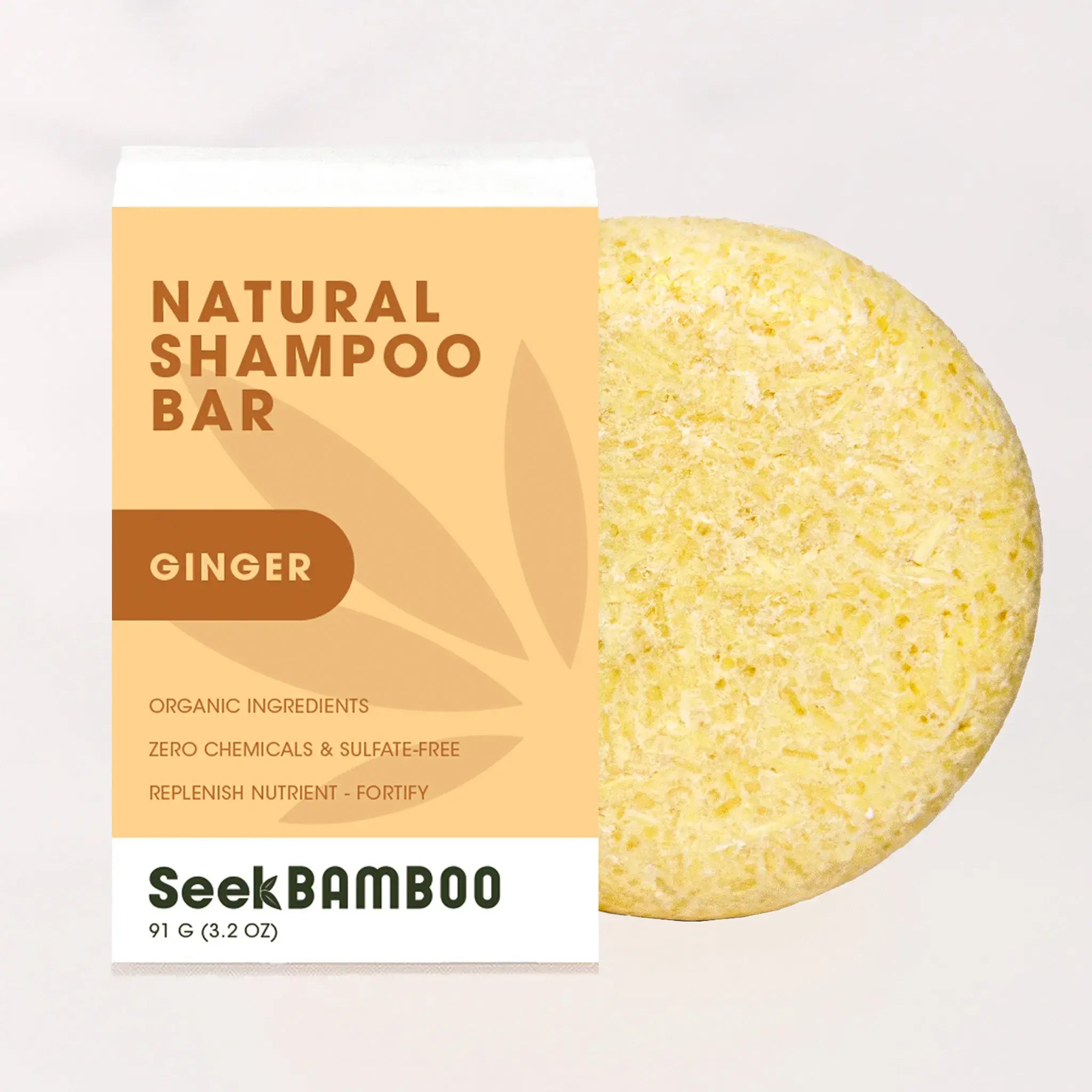






Health Benefits of Ginger
Ginger is not only a culinary delight but also a powerful natural remedy with a broad spectrum of health benefits. Its unique combination of nutrients and bioactive compounds has been extensively studied, revealing ginger’s remarkable potential in supporting various aspects of health and well-being.
Digestive Health
Ginger has long been used as a natural remedy for digestive issues, earning its reputation as a soothing agent for the stomach. One of its most well-known benefits is its ability to alleviate nausea. Whether it’s morning sickness during pregnancy, motion sickness while traveling, or nausea caused by chemotherapy, ginger provides a natural and effective solution. The compounds in ginger, particularly gingerol, act on the digestive system to promote healthy gastric motility, which helps food move through the stomach more easily, reducing discomfort and preventing bloating and gas. Additionally, ginger’s ability to stimulate the production of digestive enzymes further aids in the efficient breakdown and absorption of food, making it a valuable ally for those suffering from indigestion or an upset stomach.
Anti-Inflammatory and Antioxidant Properties
Ginger’s anti-inflammatory and antioxidant properties are among its most powerful attributes. The bioactive compounds in ginger, such as gingerol and shogaol, have been shown to reduce inflammation in the body, which is a key factor in managing chronic pain conditions like arthritis. By inhibiting the production of inflammatory molecules, ginger helps to ease joint pain and stiffness, providing relief for those with osteoarthritis and rheumatoid arthritis. Furthermore, the antioxidants in ginger play a crucial role in protecting the body from oxidative stress, which can lead to cellular damage and contribute to the aging process. By neutralizing free radicals, ginger helps to safeguard the body’s tissues and organs, promoting overall health and longevity.
Immune System Support
Ginger is a potent booster for the immune system, making it an excellent natural remedy for fighting off colds and infections. The bioactive compounds in ginger, including gingerol, have antibacterial and antiviral properties that help to protect the body from harmful pathogens. Regular consumption of ginger can enhance the body’s immune response, making it more effective at warding off illnesses. In addition to its immune-boosting capabilities, ginger is also known for its ability to reduce the severity and duration of cold symptoms, such as sore throat and congestion. By promoting healthy circulation and helping to clear respiratory passages, ginger provides both preventive and symptomatic relief from common infections.
Heart Health
Ginger has significant benefits for cardiovascular health, particularly in its ability to support healthy blood pressure and cholesterol levels. The compounds in ginger help to relax the blood vessels, improving circulation and reducing the strain on the heart. This vasodilatory effect contributes to lower blood pressure, which is crucial for preventing hypertension and reducing the risk of heart disease. Additionally, ginger has been shown to reduce levels of LDL (bad) cholesterol and triglycerides, both of which are linked to an increased risk of atherosclerosis and heart attacks. By promoting healthy lipid levels and enhancing circulation, ginger supports overall cardiovascular health, helping to keep the heart strong and functioning optimally.
Weight Management
Ginger’s role in weight management is another area where this versatile root shines. Research suggests that ginger can help boost metabolism, which in turn increases the body’s ability to burn fat. The thermogenic properties of ginger, meaning its ability to produce heat in the body, contribute to enhanced calorie burning, making it a useful addition to a weight loss regimen. Moreover, ginger has been found to reduce appetite, helping to curb overeating and support healthy eating habits. By improving digestion and promoting satiety, ginger can assist in achieving and maintaining a healthy weight, making it an effective natural tool for weight management.
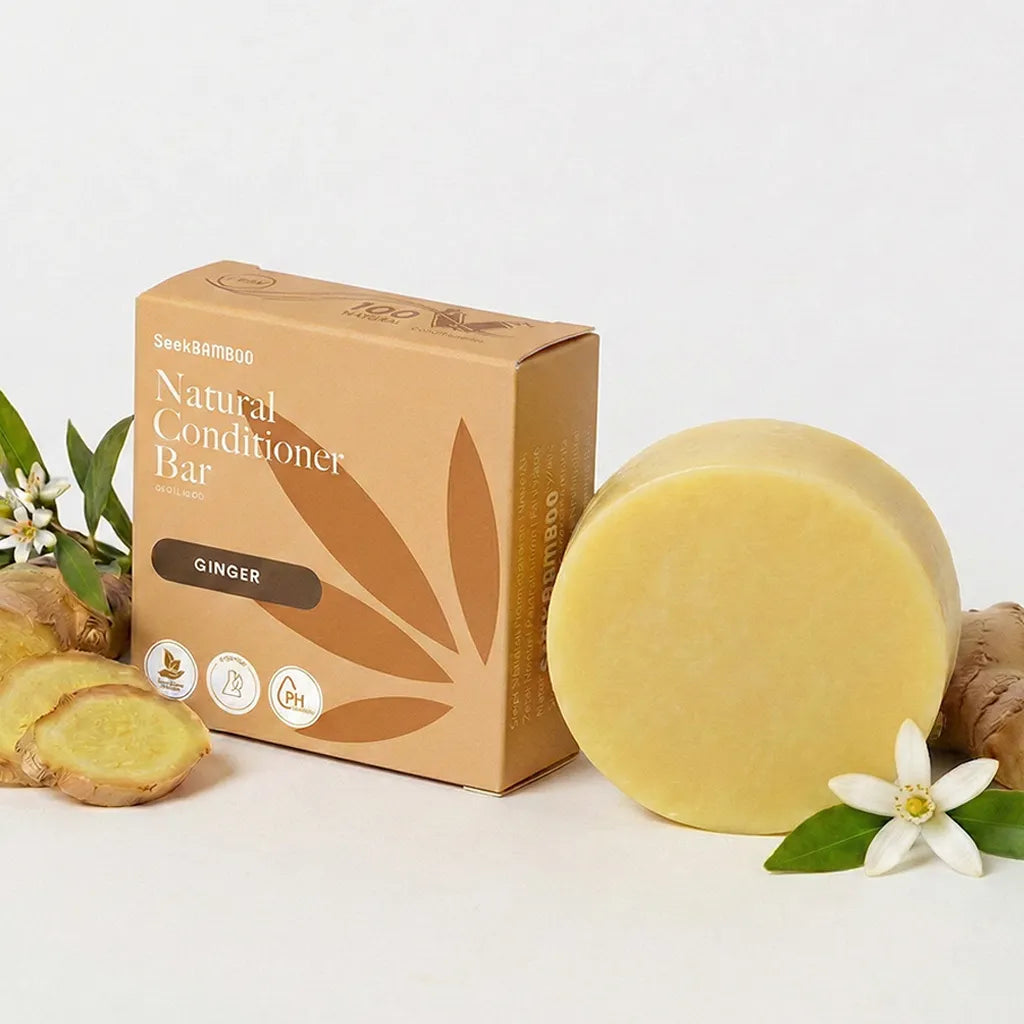

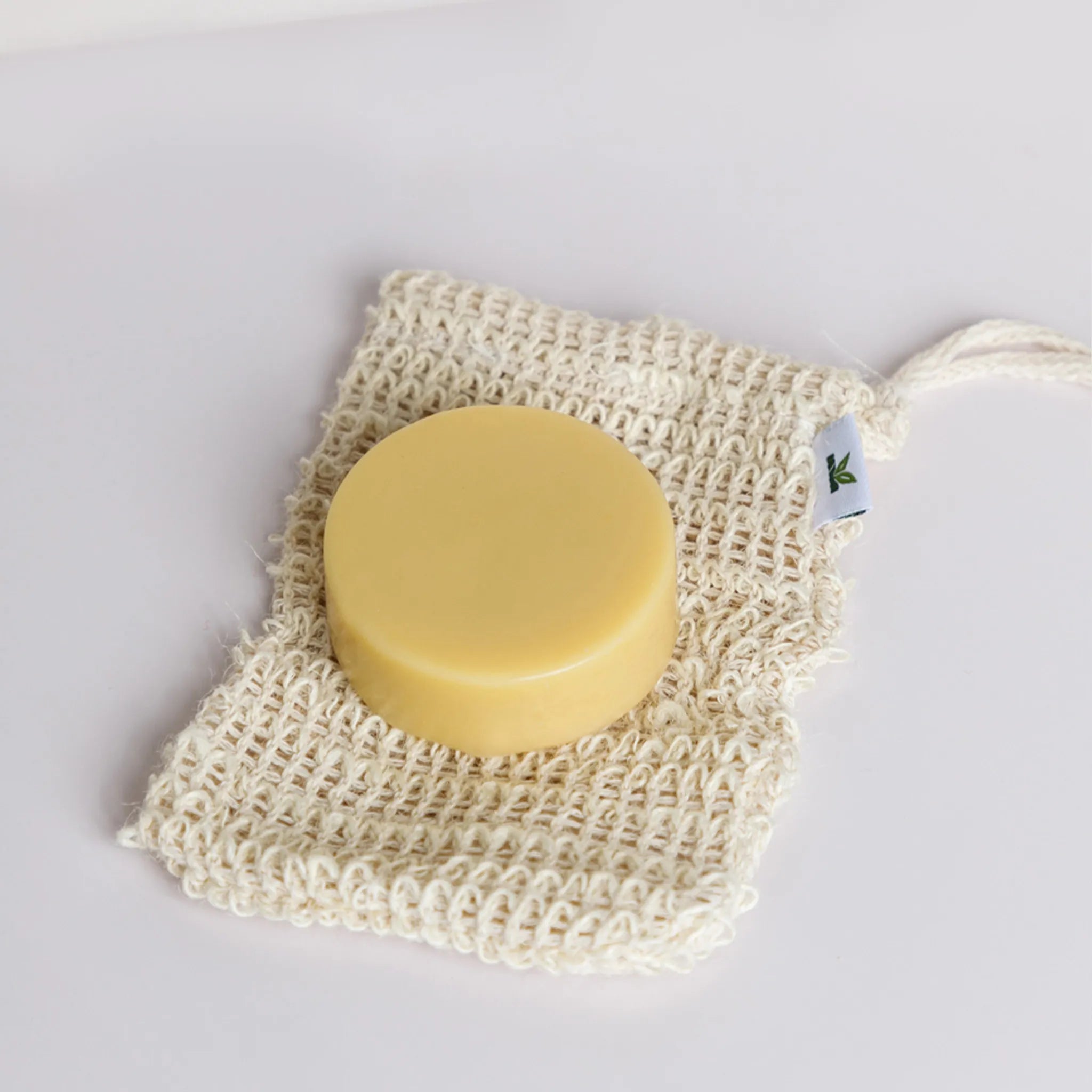
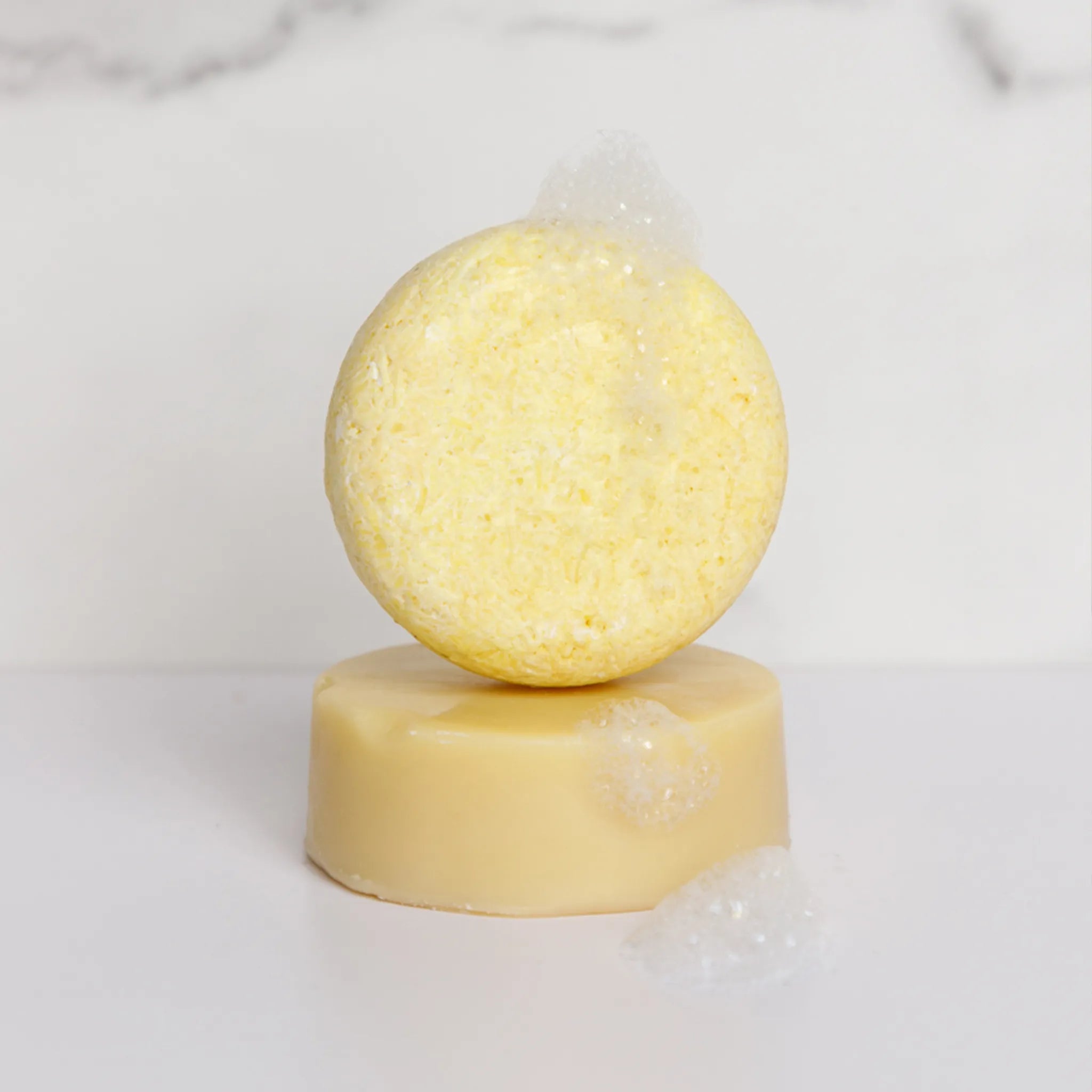
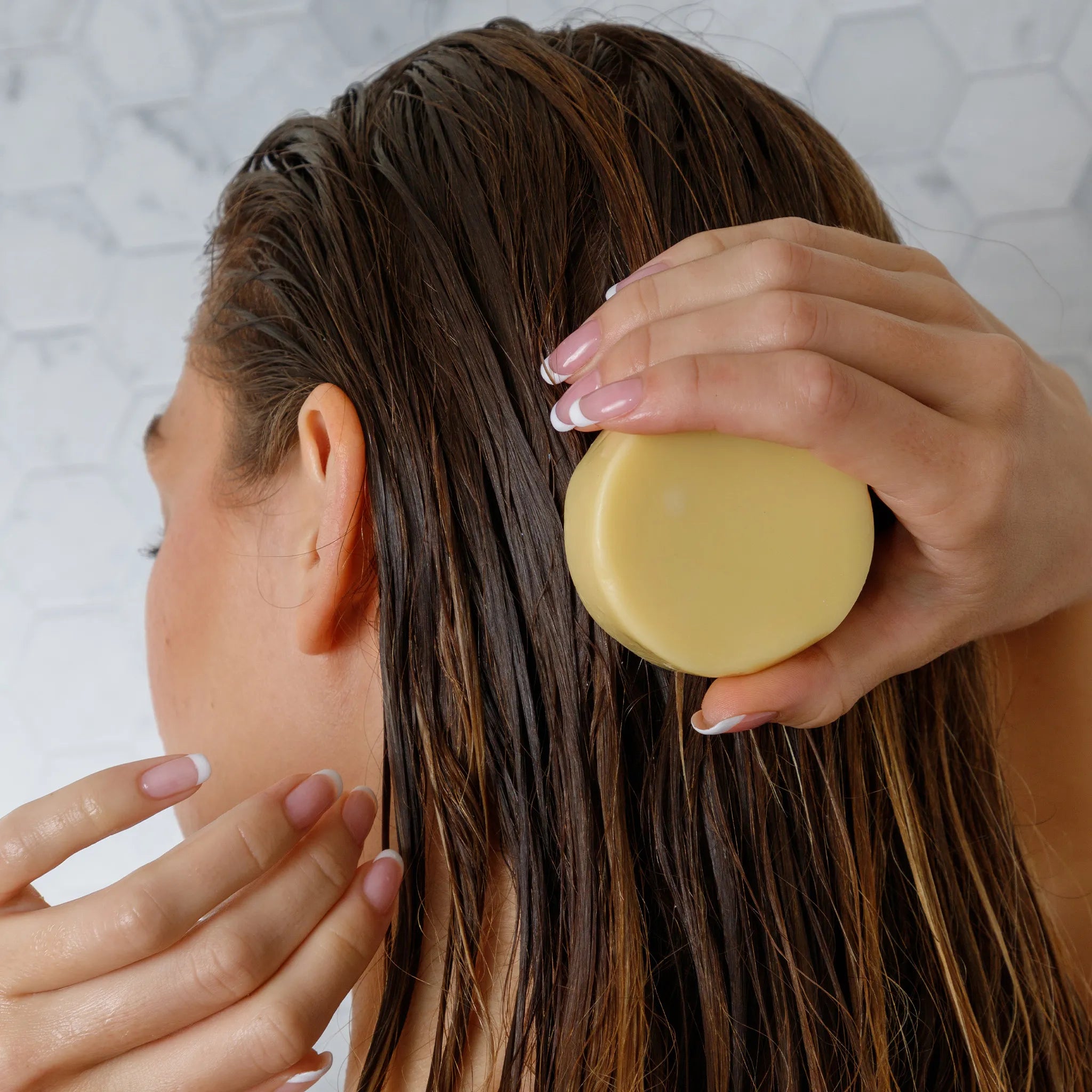


Ginger in Skincare
Ginger’s benefits extend beyond internal health; it’s also a powerful ally in skincare. Known for its potent antioxidants and anti-inflammatory properties, ginger has been used for centuries to enhance skin health. Whether you're looking to combat the signs of aging, treat acne and blemishes, or brighten your complexion, ginger offers a natural solution.
Anti-Aging Benefits
One of the most remarkable properties of ginger is its ability to combat the signs of aging. Ginger is packed with antioxidants, particularly gingerol, which help fight free radicals—unstable molecules that can cause damage to skin cells and accelerate the aging process. By neutralizing these free radicals, ginger helps protect the skin from oxidative stress, which is a major contributor to the development of fine lines, wrinkles, and age spots. Additionally, ginger's anti-inflammatory properties can help reduce puffiness and soothe the skin, leading to a more youthful and refreshed appearance. Regular use of ginger in skincare can improve skin elasticity, making the skin appear firmer and more resilient. The result is a smoother, more radiant complexion that defies the effects of time.
Acne and Blemish Treatment
Ginger’s natural antibacterial properties make it an effective treatment for acne and other skin irritations. The active compounds in ginger help to kill acne-causing bacteria on the skin’s surface, reducing the likelihood of breakouts. Additionally, ginger’s anti-inflammatory effects can help soothe inflamed skin, reducing redness and swelling associated with acne. For those with blemish-prone skin, ginger can be a gentle yet powerful remedy that not only treats existing breakouts but also helps prevent future ones. Moreover, ginger promotes increased circulation and detoxification, which can further aid in clearing up acne and promoting a clearer, healthier complexion.
Skin Brightening
Ginger is also celebrated for its skin-brightening properties. It can help even out skin tone and reduce the appearance of hyperpigmentation, such as dark spots and scars. The antioxidants in ginger work to inhibit the production of excess melanin, the pigment responsible for dark spots, resulting in a more even and radiant complexion. Additionally, ginger stimulates blood circulation, which helps deliver oxygen and nutrients to the skin cells, promoting a natural, healthy glow. For those looking to achieve a brighter, more luminous complexion, incorporating ginger into a skincare routine can be an effective and natural solution.
Zesty Bundles
Ginger in Hair Care
Ginger is not only a powerful ingredient for skincare and overall health but also a fantastic natural solution for hair care. Rich in vitamins, minerals, and bioactive compounds, ginger can address a variety of hair concerns, from stimulating growth to controlling dandruff and strengthening hair strands.
Hair Growth
Ginger has been used traditionally to stimulate hair follicles and promote hair growth. The active compounds in ginger, such as gingerol, increase circulation to the scalp, which enhances the delivery of essential nutrients and oxygen to the hair follicles. This improved blood flow can help to strengthen the hair roots and encourage new hair growth. Additionally, ginger’s natural anti-inflammatory properties can help create a healthier scalp environment, reducing any inflammation that might inhibit hair growth. For those experiencing thinning hair or slow hair growth, incorporating ginger into your hair care routine can be a natural and effective way to boost hair vitality and encourage the growth of thicker, stronger strands.
Dandruff Control
Ginger is also highly effective in controlling dandruff and soothing an itchy, irritated scalp. The antimicrobial and antifungal properties of ginger help to combat the yeast and bacteria that can cause dandruff. Moreover, ginger’s anti-inflammatory effects reduce scalp inflammation, which is often a contributing factor to dandruff and other scalp issues. Regular use of ginger in hair care can help maintain a clean, healthy scalp, reducing flakiness and discomfort. Whether you suffer from chronic dandruff or occasional flare-ups, ginger can provide relief and promote a balanced scalp environment.
Hair Strengthening
The nutrients in ginger, including vitamins and essential fatty acids, are crucial for maintaining strong, healthy hair. Ginger helps to nourish the hair strands, making them more resilient to breakage and split ends. Its rich content of antioxidants also helps protect the hair from environmental damage, such as pollution and UV exposure, which can weaken the hair over time. By strengthening the hair from root to tip, ginger contributes to a healthier, shinier, and more manageable mane. For those with weak or brittle hair, ginger can be a game-changer in fortifying the hair and preventing damage.
Squeaky Clean FAQs
Bubbling with Answers
What Are the Health Benefits of Ginger?
Ginger is a natural powerhouse known for its anti-inflammatory, antioxidant, and digestive properties. It can help reduce nausea, soothe sore muscles, ease arthritis symptoms, support immune function, and even lower blood sugar levels. Its active compound, gingerol, is behind many of its medicinal effects.
Is Ginger Good for Your Hair? (Link to your ginger shampoo)
Yes, ginger can be a game-changer for your hair. Its natural compounds help stimulate scalp circulation, encouraging hair growth and reducing thinning. Ginger also has antimicrobial properties that keep the scalp clean, helping to reduce dandruff and buildup. A ginger shampoo offers a refreshing cleanse while supporting stronger, healthier hair from root to tip — all without harsh chemicals.
Can Ginger Help With Digestion and Bloating?
Yes, ginger is widely used as a digestive aid. It stimulates saliva, bile, and gastric enzymes, which help move food through the digestive tract. This makes it especially effective for relieving bloating, gas, and indigestion. Sipping ginger tea after meals can support smoother digestion.
Is Ginger Good for Inflammation and Joint Pain?
Absolutely. Ginger contains anti-inflammatory compounds that may work similarly to non-steroidal anti-inflammatory drugs (NSAIDs). Regular consumption can help reduce joint swelling and pain, particularly in conditions like osteoarthritis. Topical ginger compresses and extracts may also bring localized relief.
Does Ginger Support Immune Health?
Ginger boosts immunity by stimulating circulation and delivering antioxidant protection. Its warming nature helps break down toxins in the body and cleanse the lymphatic system. During cold and flu season, ginger tea with lemon and honey can be a natural immunity booster.
QuestionWhat Are the Benefits of Using Ginger Conditioner?
Ginger isn’t just for the scalp — it’s a treat for your strands too. A ginger conditioner helps smooth frizz, boost shine, and strengthen hair with natural antioxidants and fatty acids. It nourishes the hair shaft, making it ideal for those looking to revive dull or damaged hair. Using a ginger conditioner can also add moisture and softness without weighing your hair down, all while keeping your haircare routine zero-waste.
Can Ginger Help With Nausea or Morning Sickness?
Yes, ginger is one of the most studied natural remedies for nausea. Whether due to pregnancy, motion sickness, or chemotherapy, ginger can calm the stomach and reduce queasiness. It works best in small, frequent doses and is often available in teas, capsules, or chews.
What Are the Benefits of Ginger for Skin?
Ginger has antioxidant and antibacterial properties that can support clearer, more even-toned skin. It may help reduce acne, fade scars, and boost circulation for a healthy glow. When used in soaps or facial treatments, it provides a natural way to cleanse and rejuvenate the skin.
Is Ginger Effective for Hair Growth or Scalp Health?
Ginger can invigorate the scalp and improve circulation, which helps stimulate hair follicles. Its antimicrobial properties also help combat dandruff and buildup. Whether used in hair oils or shampoos, ginger may contribute to stronger, healthier hair over time.
Can Ginger Be Used in Soap for Skin Benefits?
Absolutely. Ginger soap offers more than a refreshing scent — it’s packed with skin-loving benefits. Thanks to its natural anti-inflammatory and antibacterial properties, ginger can help soothe irritated skin, unclog pores, and promote a more even complexion. A ginger soap bar gently exfoliates while leaving skin feeling energized and clean. It’s especially great for those looking to add a detoxifying boost to their daily body care routine.
How Much Ginger Should You Consume Daily?
Moderation is key. For general wellness, 1–2 grams of fresh ginger or up to 1 gram of powdered ginger daily is considered safe for most adults. If you're using it therapeutically (e.g., for nausea or inflammation), consult a healthcare provider for appropriate dosing.
Are There Any Side Effects or Risks of Ginger?
While ginger is safe for most, excessive amounts can lead to heartburn, mouth irritation, or digestive upset. People on blood thinners or those with gallbladder conditions should consult a doctor before consuming large amounts. Always balance natural remedies with medical guidance.
What’s the Best Way to Use Ginger in Your Daily Routine?
Ginger is versatile: add fresh slices to tea or smoothies, sprinkle powdered ginger on meals, or incorporate it into natural products like soaps or shampoos. Ginger shots, pickled ginger, and candied ginger are all convenient options to enjoy its benefits in daily life.



